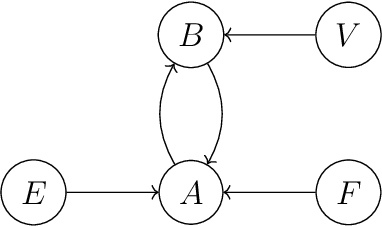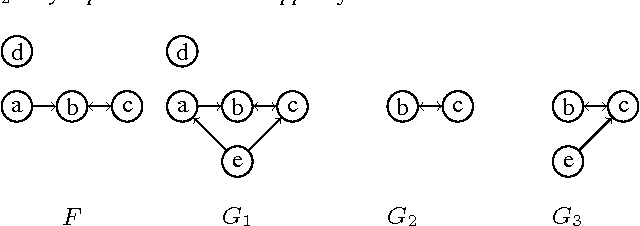Tjitze Rienstra
Extension-ranking Semantics for Abstract Argumentation Preprint
Apr 30, 2025



Abstract:In this paper, we present a general framework for ranking sets of arguments in abstract argumentation based on their plausibility of acceptance. We present a generalisation of Dung's extension semantics as extension-ranking semantics, which induce a preorder over the power set of all arguments, allowing us to state that one set is "closer" to being acceptable than another. To evaluate the extension-ranking semantics, we introduce a number of principles that a well-behaved extension-ranking semantics should satisfy. We consider several simple base relations, each of which models a single central aspect of argumentative reasoning. The combination of these base relations provides us with a family of extension-ranking semantics. We also adapt a number of approaches from the literature for ranking extensions to be usable in the context of extension-ranking semantics, and evaluate their behaviour.
RankPL: A Qualitative Probabilistic Programming Language
May 19, 2017

Abstract:In this paper we introduce RankPL, a modeling language that can be thought of as a qualitative variant of a probabilistic programming language with a semantics based on Spohn's ranking theory. Broadly speaking, RankPL can be used to represent and reason about processes that exhibit uncertainty expressible by distinguishing "normal" from" surprising" events. RankPL allows (iterated) revision of rankings over alternative program states and supports various types of reasoning, including abduction and causal inference. We present the language, its denotational semantics, and a number of practical examples. We also discuss an implementation of RankPL that is available for download.
Abduction and Dialogical Proof in Argumentation and Logic Programming
Jul 15, 2014
Abstract:We develop a model of abduction in abstract argumentation, where changes to an argumentation framework act as hypotheses to explain the support of an observation. We present dialogical proof theories for the main decision problems (i.e., finding hypothe- ses that explain skeptical/credulous support) and we show that our model can be instantiated on the basis of abductive logic programs.
 Add to Chrome
Add to Chrome Add to Firefox
Add to Firefox Add to Edge
Add to Edge